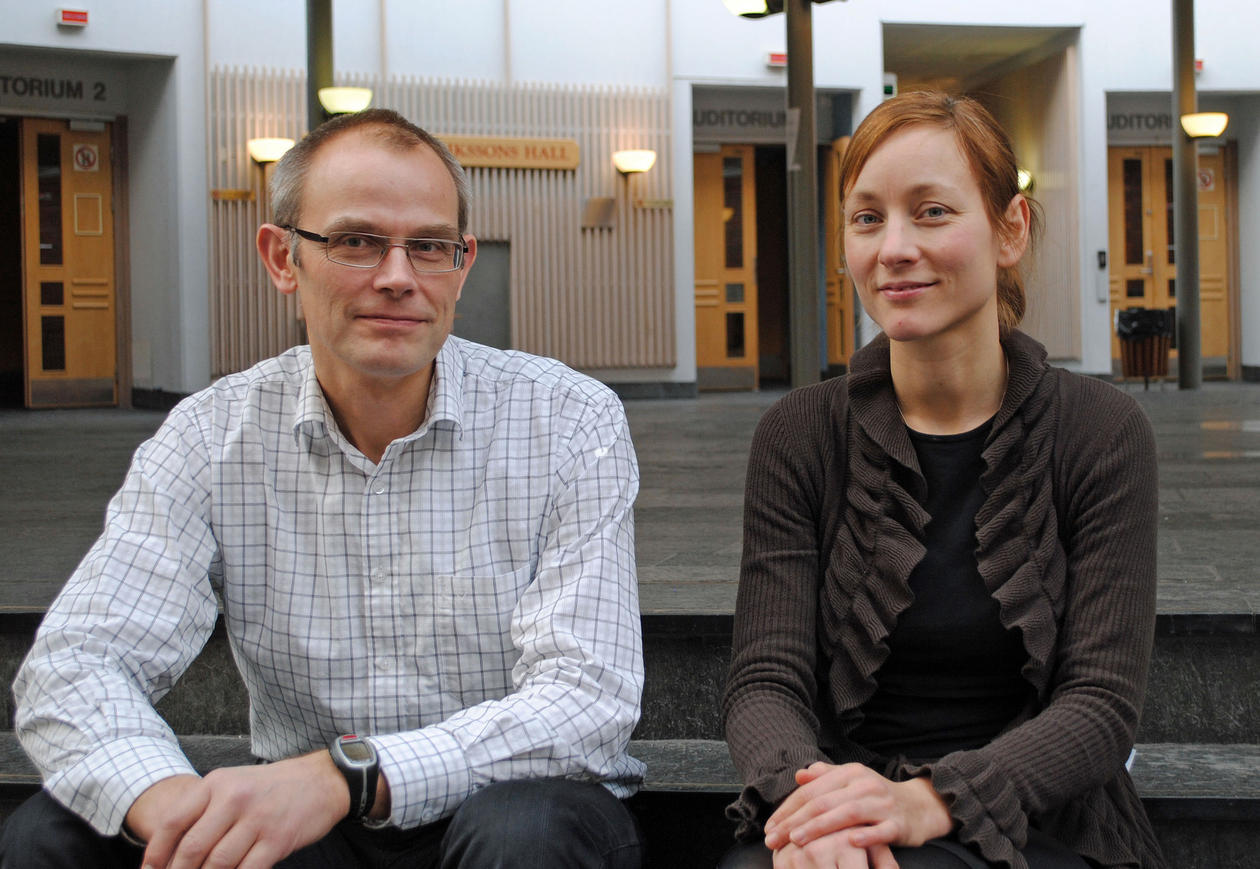Criminal law in contemporary society
Different research projects seek to contribute to the Norwegian and international discussion on the criminal law and its role in a changing society.

Main content
Society is subject to major changes that stem from, for instance, internationalisation and technological development. In many aspects these changes also represent societal challenges that demand a rethinking of legal solutions.
At the Faculty of Law, University of Bergen, a series of significant research programmes aim at a deeper understanding of the role and function of criminal law in contemporary society.
Criminal law and internationalisation
A fundamental challenge is the current internationalisation and "Europeanisation" of criminal law. Prof. Erling Johannes Husabø has been in charge of a major research programme on this topic, funded by the Norwegian Research Council. While criminal law and procedure traditionally have been developed at the national level, deeply rooted in national sovereignty, the involvement of international rules and bodies is rapidly growing.
At the global level this is evident through the development of multilateral treaties on international and cross border crimes, the prosecution of international crimes by international courts and even the engagement of the UN Security Council in specific topics.
At the regional level, the European Union has taken a lead in developing framework legislation which harmonises the definition of serious crimes and develops new and closer cooperation mechanisms based on principles such as mutual recognition of judicial decisions and cross border availability of police information.
These trends are demanding for national criminal law, which is expected to comply with the obligations of international law and EU law and at the same time to contain rules and procedures that are consistent, comply with the standards of human rights and retain legitimacy at the national level.
A core issue in this research programme is thus the challenges of multilevel regulation in the field of criminal law, with terrorism as a paradigmatic example.
What is a functional criminal justice system?
A distinct perspective on contemporary criminal law is that of functionality: The criminal justice system is expected to contribute to the handling of certain serious social problems defined as crimes.
The criminal justice system should more specifically secure crime prevention and crime control, within certain limitations of legal certainty and rights protection.But to what extent is the system in fact fulfilling these basic aims? What conditions must be present in order for the criminal justice system to function as intended? What are the most challenging problems in contemporary criminal law from this functionality perspective? And most fundamentally, how should the argument of "functionality" be understood in the context of criminal law? Is it, for instance, in conflict with individual rights and moral principles?
A newly started research programme, the functionality of the criminal justice system, funded by Bergen Research Foundation, investigates this fundamental dimension of the criminal justice system. The programme covers several specific research projects that focus on different kinds of problems. It includes theoretical perspectives on the impact of functional aspects in criminal law concepts. It also includes investigations into how specific dimensions of criminal law, such as how the police interacts with other legal and social institutions, like the military, in order to deal with specific challenges such as terrorism.
These specific research problems are related to a general question concerning the nature and meaning of the criminal justice system itself. The project is led by Associate Professor Linda Gröning, in administrative co-operation with Associate Professor Anne Marie Anfinsen.
Risks and responses
A dominant trend in contemporary society is the trend towards a "risk-society": There is an increasing focus on different kinds of risks and a series of new risks has occurred that call for political and legal responses. This tendency has to a significant degree already had impact on criminal law, for instance in terms of a larger emphasis on preventing harm before it occurs, i.e. to regulate risk-creation in itself.
A new research programme at the Faculty of Law, funded by the Norwegian Research Council, will look into this dimension of contemporary criminal law. In addition to addressing this general dimension concerning risks and criminal law, a more specific investigation will be made into the concept of danger, which has recently become a more central concept in criminal law: is this concept about to turn into a new cornerstone of criminal law?
In addition, one research project will investigate the principles of sanctions and sentencing, in order to clarify which principles should guide this central part of criminal law in light of renewed calls for efficiency and a trend towards increased use of punishment in contemporary criminal law. This research project, led by Associate Professor Linda Gröning and Postdoc Jørn Jacobsen, also has an additional aim of exemplifying the relevance of theoretical perspectives in regard to solving practical problems in criminal law. This aim relates in particular to a fourth research programme at the Faculty of Law dealing with theoretical perspectives on criminal law.
Criminal law theory
This project, funded by the Bergen Research Foundation, led by Postdoc Jørn Jacobsen, aims at developing theoretical perspectives on criminal law, through three research projects concerning the theoretical structures of the concept of crime, the concept of the criminal justice system and the criminal procedure, respectively. By means of this research the project seeks to facilitate research in criminal law with theoretical resources and perspectives.
A large and active research group
These research projects, together with a number of other criminal law researchers, seek to contribute to the Norwegian and international discussion on the criminal law and its role in a changing society. The research environment counts about 20 researchers with broad competence and background from and contact with several European countries. The research group is also host to a number of research events within criminal law.
